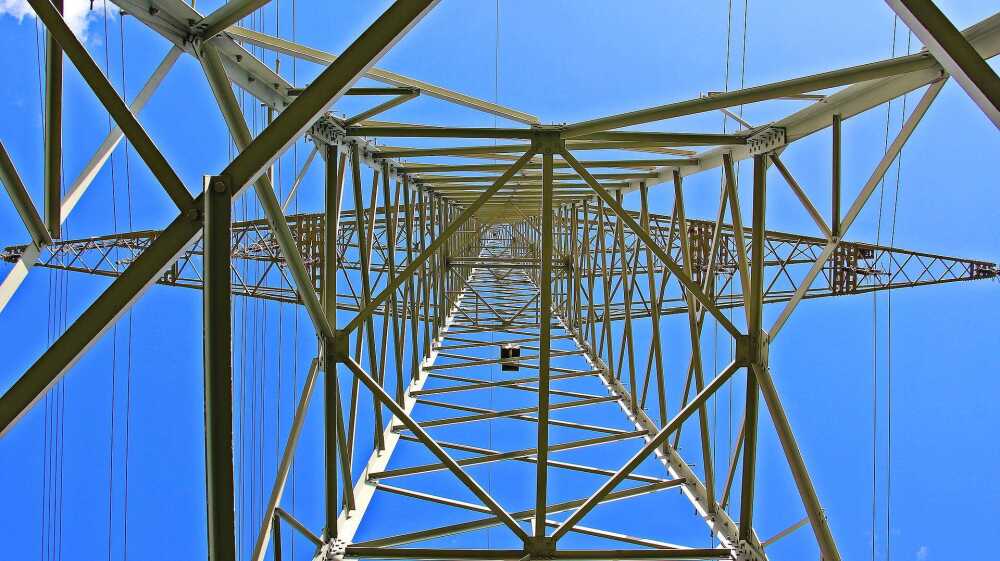Some area electric companies are feeling the pinch and urging residents to conserve energy when possible, as record and near-record breaking warm temperatures continue.
The concern, in a worst-case scenario, is that high usage could force short, temporary rolling brown or blackouts in certain areas.
Officials say any impacted customers would be notified as quickly as possible, with as much detail as possible before this occurred.
An excessive heat warning has been extended through 8 p.m. June 16 by the National Weather Service. A brief weekend cool-down is expected before the thermometer climbs back into the triple digits next week.
Ozark Border Electric Cooperative’s power supplier has warned that energy could be tight on Wednesday and Thursday. OBEC serves about 35,000 customers across Southeast Missouri.
General Manager David Schremp said the same could also be true next week. Customers will be kept up-to-date with detailed information as the situation develops, he said.
“Member systems can help make a difference by conserving energy on those two days from 2-8 p.m., when peak energy use occurs,” Ozark Border said in a press release.
Municipal Utilities, which serves about 9,300 customers in the city of Poplar Bluff, is not seeing the same challenges, said Bill Bach, general manager.
The difference comes from their respective suppliers.
Ozark Border is part of the Associated Electric Cooperative, the power supplier for six regional generation and transmission cooperatives and 51 distribution cooperatives.
The conservation appeal was triggered by an unseasonably hot weather pattern, unplanned outages at three Associated generating units and projections of declining wind power for Thursday and Friday, they reported.
Municipal Utilities schedules and purchases its own energy under different power supply contracts, said Bach.
It maintains a capacity of at least 100 megawatts, with current peaks around 70, Bach said Tuesday. The utility’s all-time high was 85 MW, in a winter season.
“We’re having no problems related to the heat at this time,” said Bach.
Ozark Border receives its power as part of the pool that supplies the other members, Schremp said. While it also typically sees its peak usage in winter months, the issues impacting the pool of energy available are also of concern to Ozark Border.
He said the power conservation warning is more precautionary at this time.
He urged cooperative members to limit usage of items like washers, dryers and dishwashers during peak usage times, and try setting thermostats a little higher than normal.
Associated Electric Cooperative is seeing record usage, Schremp said. They had expected to see their fourth all-time high for the system this week, and have matched it for three consecutive days. It is expected to be matched again on Thursday and Friday.
Buying power on the open market isn’t possible right now, Schremp said, because other wholesale suppliers had warned of a strain on the system through the summer.
At least two of the down generating units are expected to come back online over the weekend, Schremp said, possibly three.
This would put the association in a better position next week, he explained.
Customers will be kept informed of developments, Schremp promised.
“If it becomes any more critical, we definitely will be reaching out to our members and making them aware of what is going on,” he said, adding his hope is not to scare people.
Schremp does not believe Ozark Border would see a system-wide outage under these circumstances.
In the worst-case scenario, he said, it could mean temporary blackouts in specific areas of an hour or less. These would likely occur during the peak hours of 2-8 p.m.
Schremp stressed there are no current plans for temporary blackouts, but that Ozark Border is watching and preparing for what may need to be done.
“We have automated call systems in place where we can contact affected members,” Schremp said, if it did happen. “We think we will be able to be very precise.”
About a year and a half ago, Schremp said, the cooperative made similar preparations. They came within 10 minutes of rolling blackouts and had personnel on standby at substations, but it ultimately wasn’t needed.
Ozark Border’s high was set in a previous January, with 195 MW. Summer usage is typically around 160 MW, Schremp said.
During high-temperature weather events, members can help conserve energy by:
• Raise their thermostats a few degrees. For example, if a normal setting for a member’s home is 75 degrees, raise it to 78 degrees.
• Limit the use of large appliances.
• Unplug devices that are not in use.
• Turn off unnecessary lights.

